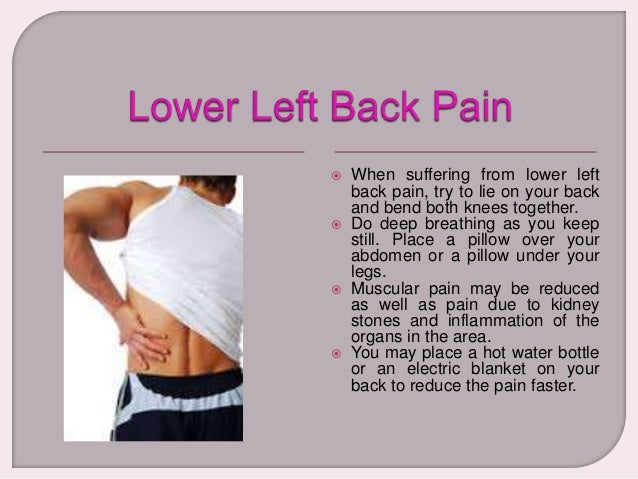Upper Back Pain When Breathing. Register To Receive More Info About Ankylosing Spondylitis And Treatment Options Today. Back pain when breathing can have many different causes.
Read Thoracic Disc Herniation Symptoms Common Upper Back Pain Symptoms Upper back pain can feel like one or more of the following: Upper back pain occurring with other symptoms, such as chest pain or difficulty breathing, may be a sign of a heart attack and should be immediately evaluated in an emergency setting.
If you're like most people with upper and middle back pain, you'll be able to manage your symptoms at home.
Read: Upper Back Pain from Intercostal Muscle Strain Upper right back pain when breathing Sometimes, upper back pain can feel worse when a person breathes in deeply. This may lead to chest pain and difficulty breathing. In addition, if your pain is extreme, persistent, or causes you concern, contact a medical professional. This is because the vertebrae of the spine are connected to your rib cage. Instantly Treat Chronic Pain, Inflammation, Arthritis. Similarly, you may also feel upper back pain when you take a deep breath because the vertebrae (the spinal bones) in your upper back (also known as the thoracic spine) are connected to the ribs.
But, by narrowing down the specific symptoms that accompany your pain can help you determine whether you just need rest and recovery, or a trip to the emergency room. This is because the vertebrae of the spine are connected to your rib cage. Upper back pain when breathing can be caused by a number of factors. Register To Receive More Info About Ankylosing Spondylitis And Treatment Options Today. Sharp back pain Shortness of breath can occur if the back pain you're experiencing is aggravated with each expansion and contraction that happens as you breathe. Although it can affect people of any age, it typically occurs in preteens or young teenagers.
A bruised or broken (fractured) rib. Breathing movements naturally affect the spine, as it connects to the rib cage. The muscles between the ribs may become overstretched or partially torn as a result of overuse or injury.





